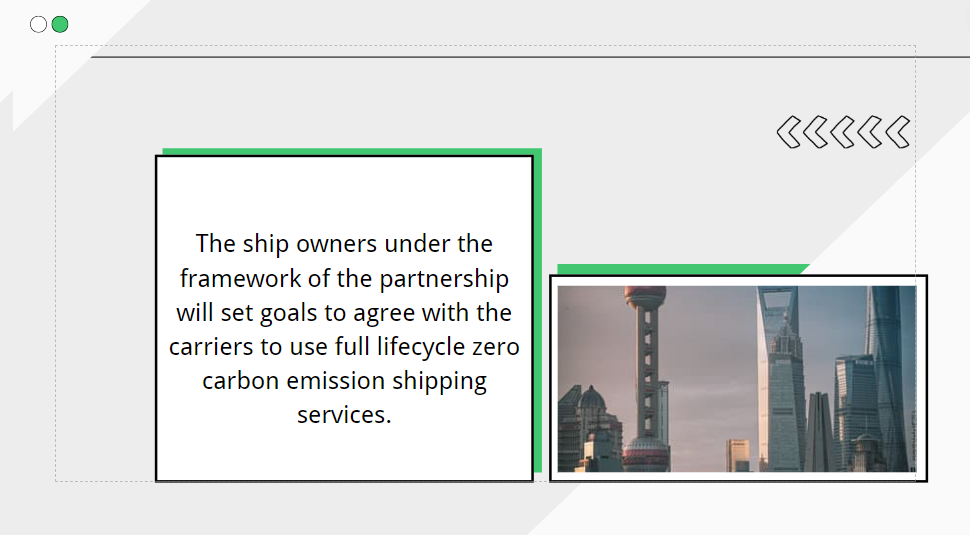Foreign direct investment reviews 2023: Italy
The Italian FDI regime is also known as the "Golden Power Law" or "Golden Power regime" in Italy, as it gives the Italian government "golden" or special powers to approve or veto FDIs.
Since 2012, the Italian government has reviewed all transactions relating to Italian companies that carry out "strategic activities" or hold "assets with strategic relevance" in certain sectors deemed critical for Italy.
In the past three years, FDI control has expanded to further protect Italian strategic assets against potentially predatory transactions.
Recent updates
The year 2022 brought both substantial and procedural changes to the Italian FDI screening regime, including:
The expansion of FDI control to transactions in which the acquirer or ultimate beneficial owner is an Italian or EU person resulting in the:
Acquisition of a controlling interest in target companies in the energy, transportation, communication, health, agri-food and financial (including credit and insurance) strategic sectors (Key Other Sectors) or
Change of ownership, availability or change in the use of strategic assets of target companies in the Key Other Sectors
The introduction of an obligation to file for the target company in addition to the purchaser and
The adoption of a new pre-notification (pre-signing) procedure, pursuant to which:
Any company is entitled to file a voluntary pre-notification based on the information available as of the date of the pre-filing and
Within 30 days of the pre-filing, the government must complete an assessment with one of the following outcomes: (1) out of scope—in which case no filing is due; (2) in scope—in which case filing is due; or (3) in scope but evident that no special powers will be exercised—in which case no filing is due.
Who files
The Golden Power filing must be made by:
Any company adopting a resolution in connection with a transaction including, without limitation, asset sales, mergers, demergers, transfer of headquarters outside of the Italian territory, or changes to the corporate purpose, which would result in a change of ownership, availability or use of strategic assets (Strategic Company Transactions) or
Each of the purchaser and the target company in connection with the acquisition, direct or indirect, of an equity or debt interest or the voting rights in a target company holding strategic assets under the Golden Power Law (Strategic Acquisitions)
As further discussed below, in addition to applying to non-Italian and non-EU persons, the Golden Power Law and relevant filing obligation may also apply to Italian and EU persons depending on the relevant strategic business sector and the type of transaction subject to notification and review.
Types of deals reviewed
Under the Golden Power Law's permanent measures, Golden Power clearance is mandatory for any:
Strategic Company Transaction carried out:
In the defense and national security sectors by any investor
In the Key Other Sectors, by any EU (including Italian) investor or
In strategic sectors other than defense and security and 5G technology, but including the Key Other Sectors, by any non-EU investor (the Other Sectors)
Transaction resulting in the assignment by guarantee of the strategic assets to any investor, in the defense and national security sectors
Strategic Acquisition of:
An equity interest exceeding certain thresholds (currently 3, 5, 10, 15, 20, 25 and 50 percent) by any investor, other than the Italian State or any Italian public or publicly controlled entity, for the defense and national security sectors
A controlling interest by any EU (including Italian) investor, for any Ket Other Sector or
(i) A controlling interest, or (ii) at least 10 percent of the corporate capital or voting rights (and any subsequent acquisition exceeding 15, 20, 25 and 50 percent), so long as the investment value is equal to or exceeds EUR 1 million, in each case by any non-EU investor, for any Other Sector or
Agreements involving the acquisition of, or the provision of services in connection with, 5G technology, solely to the extent that non-EU investors are involved.
Scope of the review
The implementing decrees of the Golden Power Law set out the strategic businesses and/or assets falling within the industrial sectors subject to FDI review, as summarized below. However, the scope of "industrial sectors" remains broadly defined.
The main businesses or assets in each sector are:
Defense and national security:
All businesses operating in the sector or
Businesses producing dual-use products with revenues greater than €300 million
Energy:
Platforms for the supply of energy and gas
Critical infrastructure and real estate connected to the nuclear, oil & gas sectors or
Businesses operating in the energy sector with revenues greater than €300 million and employing more than 250 workers
Critical infrastructure, transportation and telecommunications:
Essential infrastructure for the safekeeping of the state's well-being and vital functions, as well as aerospace infrastructure
Financial, insurance and credit:
Critical technologies in the financial, insurance and credit sectors or
Businesses operating in the financial, insurance and credit sectors with revenues greater than €300 million and employing more than 250 workers
Media:
Registered media companies
Critical technologies:
Essential technologies for the safekeeping of the state's well-being, vital functions and economic progress (e.g., AI, MTM communication, cybersecurity, aerospace and robotics)
Healthcare and pharma:
Critical technologies in the healthcare sector
Businesses operating in the healthcare sector with revenues greater than €300 million and employing more than 250 workers or
Strategic resources for the supply of medicines, medical devices and other medical equipment, and critical diagnostic technologies
Supply of critical inputs, agri-food:
Essential goods and services for the safekeeping of the state's well-being and vital functions (e.g., steel, semiconductors, etc.) or
Strategic supply chain activities
Access to sensitive information:
Essential information for the safekeeping of the state's well-being and vital functions
5G technologies
All transactions involving 5G technologies
Review process timeline
Filings must occur within ten days after the execution of a binding agreement or adoption of a relevant corporate resolution, as applicable.
The review period:
Is 45 business days (30 for filings relating to 5G technologies), during which the transaction cannot be completed and any voting rights with respect to the transaction are frozen until clearance is given
May be extended only once, for a maximum of ten or 20 additional business days, if the Italian government requests additional information from, respectively, the filing person or from a third party
May be extended twice for a maximum period of 20 additional business days per each extension, exclusively with reference to filings relating to 5G technologies
Will be suspended (up to 35 days from receipt of the notification), if an EU Member State or the EU Commission determines to review the transaction, until the observations or opinion of the relevant EU Member State or the EU Commission have been delivered, unless further extended to receive additional information and
Will start from the date the Italian government determines that a breach of the filing obligation has occurred, if the Italian government initiates a Golden Power review independently in the absence of a filing
How foreign investors can protect themselves
The first step for foreign investors interested in entering into a transaction in relation to any Italian company operating (or arguably operating) in any strategic sector should be an evaluation of whether a filing pursuant to the Golden Power Law is required. This analysis should be undertaken before entering into any such transaction, so as to limit unnecessary transaction costs.
The Golden Power Law operates on a principle of substance over form. It follows that when structuring a transaction, the creation of corporate, fiduciary or contractual investment structures will not limit the applicability of the Golden Power regime if the ultimate beneficial investor falls within its scope of application. Therefore, it is crucial for foreign investors to consider the risk that, in the event that a transaction ultimately falls within the scope of the Golden Power Law, the Italian government could veto, condition or make material recommendations with respect to the transaction.
Given the broad and imprecise applicability of the Golden Power Law and its implementing decrees, investors should consider using the newly introduced pre-notification procedure to help reduce uncertainty.
Additionally, before entering into any acquisition agreement, it is key that foreign investors consider the filing (and pre-filing, as applicable) timeline. Filing obligation terms, long-stop dates and regulatory-clearance closing conditions in acquisition documentation must take into account the latest timelines and conditions relating to the Golden Power Law, as amended from time to time by the Italian legislature.
Looking ahead
Amendments to the Golden Power Law, enacted in recent years, have caused numerous complex interpretational issues, including due to the extremely broad definition of the strategic sectors falling under FDI control.
This has led business actors to proceed with increasingly frequent precautionary filings to the Italian government, resulting in a significant shift in the number of filings over recent years (from approximately 83 known filings in 2019 to almost 500 filings made in 2021). This in turn leads to increased transaction costs for investors and prolonged timeframes for deal completion. In this respect, the new pre-notification procedure should be considered a key tool to limit uncertainty.























































First, please LoginComment After ~